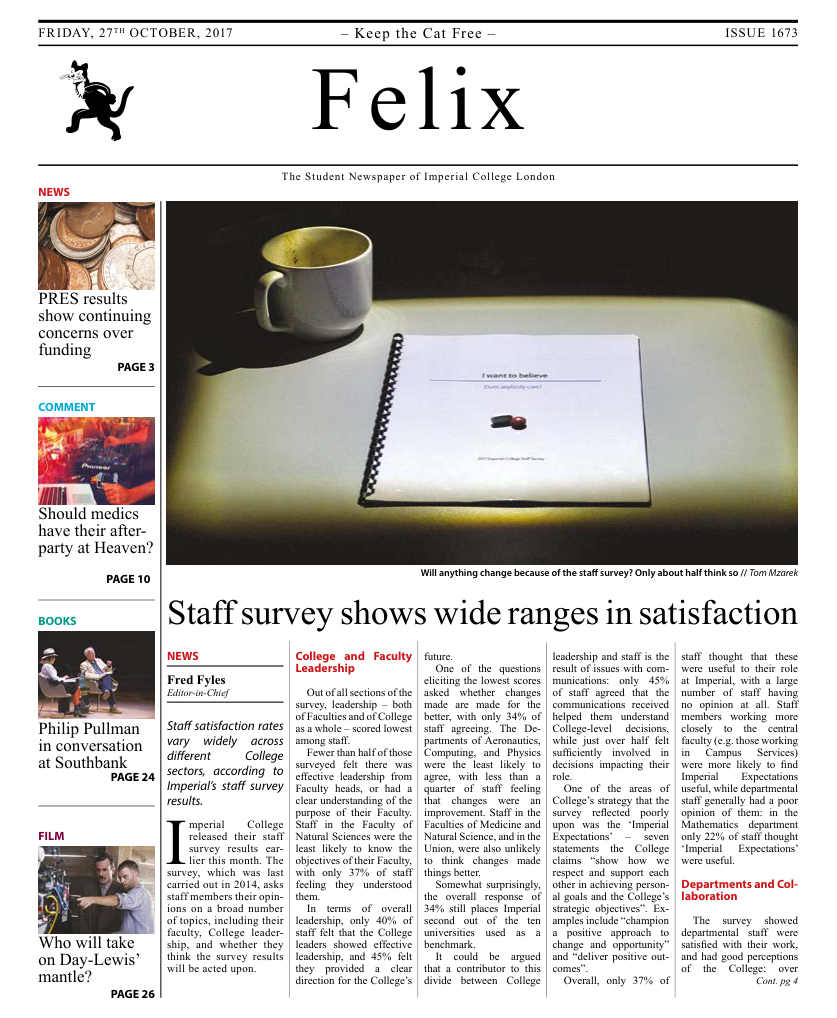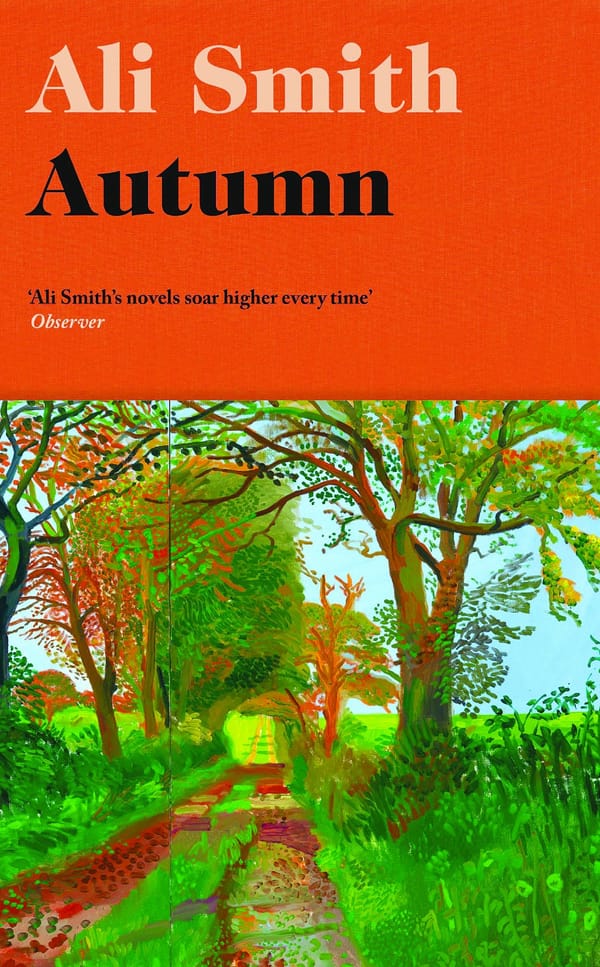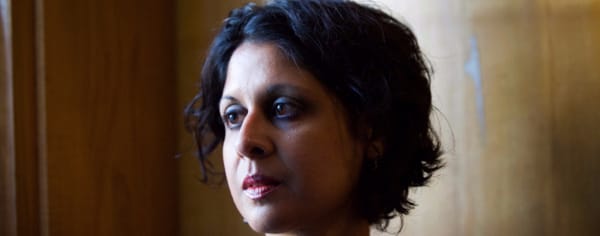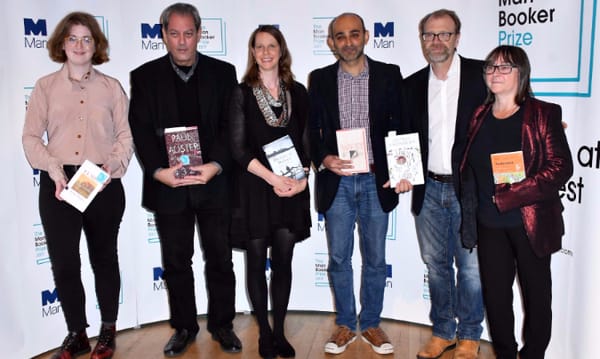Words of migratory flight
British-Somali women writers read their works as part of Sea Migrations, a collaboration between the London Literature Festival and Somali Week Festival

The world is a fleeting glory”, reads Asha Lul Mohamud Yusuf’s poem, The Scab. To the more than 110,000 Somali-born immigrants living in the UK, many of whom fled the Somali Civil War as refugees, this cannot be more true. Stability is an illusion when one has to witness one’s own country torn apart by war, leaving its people in turmoil and scattered across the world seeking refuge. But with the movement of its people comes the movement of a culture, of a heritage, of a language, of words – words that were so beautifully showcased in Sea Migrations at the Royal Festival Hall, which featured poetry readings by four contemporary British-Somali women poets.
A collaboration between the London Literature Festival and Somali Week Festival, the event saw readings of poetry and short stories that tackled issues of identity, of the nature of home, loyalty, love, and family. Despite their different backgrounds and mediums, several themes recurred throughout the evening: where is home and what makes a home? How does one reconcile loyalties to different lands, the culture that one is born in and the culture that one is nurtured in? How does one embrace family when one has to traverse language and culture to reach it? And how does one hold on to one’s heritage, when every day is a step further away from home? The event takes its name from another of Asha’s poems, The Sea-Migrations, which laments the enormous outflow of Somalis from their motherland and the underdevelopment of a great land with a great culture. “If people abandon their homes and decamp by boat,” she asks, “who’ll stay behind in our country?” Indeed, all four writers of the evening wrote of home and identity, of the difficulty of straddling loyalty to two lands, and the dilemma of having been forced to leave due to violence yet feeling a responsibility to and identity of their homeland.
Hanna Ali, the second writer to take the stage, and a PhD student at SOAS, describes her experience as a child refugee in her short story The Story of Us, sparing no detail when explaining how her mother watched her uncle die. In another story, she describes how the bloated bellies “reminds us that one can be empty and full at the same time”. These conflicting states, the emptiness and fullness, the desire for stability and the attachment to one’s homeland, seems to recur in the writing of the diaspora. Despite the violence she describes, Hanna writes that her country “refused to let her forget that she fled, escaping all the problems”, words that ring with an almost accusatory tone.
"These conflicting states, the emptiness and fullness, the desire for stability and the attachment to one’s homeland, seems to recur in the writing of the diaspora."
It is difficult to reconcile two vastly different identities, a balancing act that manifests itself in more than just conflicting loyalties. Having grown up in the UK, Hanna decided to study English in college, a decision that her mother could not comprehend. Hanna writes that her parents’ love was like “the silence between whispers”, acknowledging the quiet love behind her mother’s cold, stoic exterior. “Nobody taught her to be soft”, she writes. Her upbringing in a different environment from her mother inevitably drew an even larger gulf between her mother and herself. Here, the sea imagery of the event title bears even more significance. When thinking about home, Hanna describes the “women at the bottom of the sea”, referring not only to the lives lost on migratory journeys, but also, I think, bits of one’s culture and heritage that are left behind, lost to the swells as one adopts a new land.
If there was one thing that would give away one’s heritage, it would be language, the most visible marker of one’s identity. While Asha writes in Somali and read her poems in Somali with the English translations read by Clare Pollard, all the other three women wrote and read in English. Hanna’s short stories have been translated into Somali by a third party, and she laments in one of her poems that she “speaks to Somalia in a broken tongue”. Another poet of the evening, Farah Gabdon, wrote that “there is more English in me than I can stand”.
"Perhaps one way to bring two cultures together, then, is the integration of languages"
Indeed, language is the most obvious, even if sometimes unrepresentative, manifestation of one’s identity. The perceived loss of their mother tongue is seen as a marker for the gradual erosion of their ties with their homeland.
On that account, perhaps one way to bring two cultures together, then, is the integration of languages. Farah and Hanna wrote about their experiences of war in English, bringing Somali experiences to a wider audience. Interestingly, Asha writes many of her poems in the gabay form, a traditional Somali oral tradition that alliterates with a certain letter each time. Yet she also deals with contemporary issues, making traditional forms relevant to the modern world. Her poems make use of pastoral imagery, describing the beauty of Somali land, and referring to images of camels, flowers, trees and birds. Perhaps this is an attempt to recreate her home in a foreign country in the form of words, and to share it with others. It was fascinating to hear the English translations of Asha’s poetry read before the original, as that meant that I was able to better appreciate the musicality of the Somali with some idea of what it was about. The words rolled off Asha’s tongue like the waves of the sea. There is magic in hearing poetry in a foreign tongue: it is like a song – musical notes without comprehensible lyrics but still rich in emotion.
With the increased movement of people, whether forced or voluntary, it becomes ever more important to create bridges between the native and the immigrant, between motherland and adopted homeland, between cultural identities. Events such as this hold an even greater significance against the current sociopolitical backdrop of Brexit and xenophobia. The writers have shown us that nationality and race are constructs, false lines that are easily knocked over and impossible to fit within. Their words transcend boundaries, generations, conflict, and even language itself, forming the bridge between identities, peoples, and cultures.










